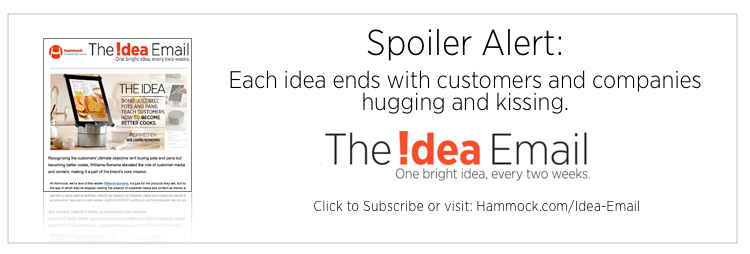
Idea: Learn From the Moneyball Lessons of Bezos and Henry

During the past week, two of the geekiest (which we mean as a compliment) entrepreneurs of our era have purchased two of the most venerable (by which we mean, they were once worthy of compliments) newspapers in the U.S.: Jeff Bezos, the Washington Post; and John Henry, the Boston Globe.
It is almost a cliché for billionaires to make vanity purchases of media companies and professional sports franchises (indeed, Henry owns several).
In this case, however, the two billionaires have track records of revolutionizing industries by applying a unique formula that seems especially suited for helping traditional (venerable) media companies (and all companies) respond to the challenges (and opportunities) they face today. First, in their previous endeavors, they have obsessively searched for a means to understand and master the metrics that matter most in a particular marketplace; and second, they have passionately pursued a never-ending quest for insight into, and response to, the needs and desires of customers.
Using those principles, John Henry started out on the family farm and became a master of commodities trading. With that approach, he later led a group that purchased the perpetually under-performing Boston Red Sox and embraced Bill James’ sabermetrics (made famous in the book and movie, Moneyball) on the way to delivering the dreams of a lifetime to the long-suffering Red Sox fans–not just one, but two, World Series championships (in 2004 and 2007).
Bezos’ story is better known, but some people may not know the principles on which his success is built. His “Ten Top Leardership Lessons” that appeared in Forbes magazine a couple of years ago sound strikingly similar to the principles we seek to write about in every Idea Email: They include such lessons as, “Obsess over customers,” and “Determine what your customers need, and work backwards.”
Much of the current coverage of these newspaper purchases is focusing on “the salvation of newspapers and journalism” angle. But we suggest you also follow how the new owners demonstrate how well they understand their customers (formerly called “readers”) and what that will mean for the future of the Post and the Globe.
They will help customers achieve what they want to achieve, discover what they want to know, be enlightened in ways they seek to be enlightened, and be entertained in ways they want to be entertained. And they will do it over and over.
Those are the lessons to learn from Bezos and Henry if these two venerable newspapers are to become two news media franchises for the ages.
The Idea Email is distributed free, once every two weeks, by Hammock, the customer media and content marketing company. Please share this with friends and colleagues who can subscribe here. We respect your privacy, and each mailing includes a one-click unsubscribe link. We typically feature one or more companies and organizations in each Idea Email. If any company we mention has a relationship to Hammock (as a current or former client, for example), we will include a disclosure.



